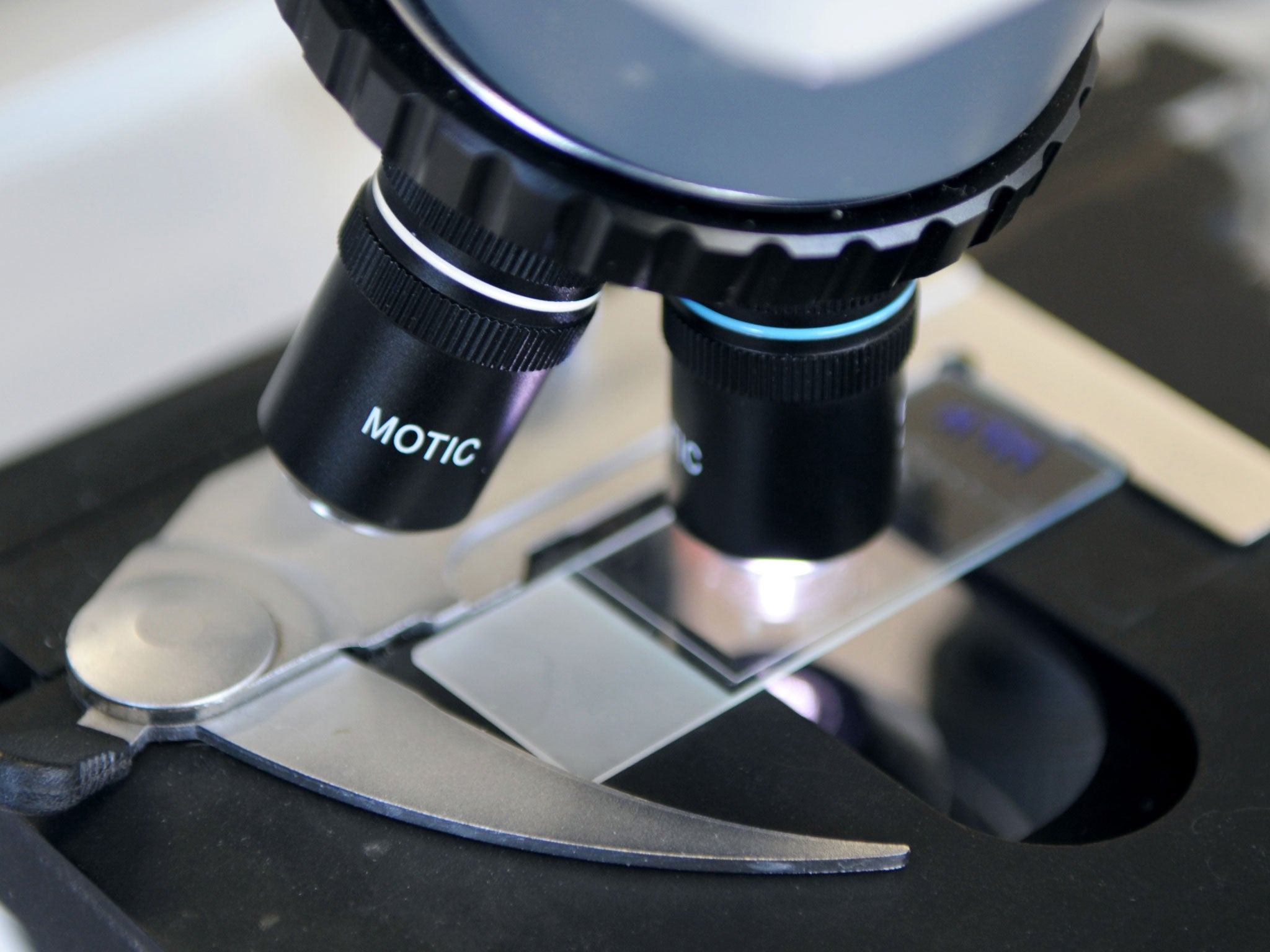New cervical cancer screening provides 70% more protection than smear tests

Screening for a virus linked to cervical cancer can give up to 70 per cent better protection against the disease than conventional smear tests, according to a newly published study.
A new approach, which a top NHS doctor described as "incredibly exciting", includes an initial test for human papilloma virus (HPV).
Research, published in The Lancet medical journal, has now confirmed that primary screening for HPV significantly improves cancer detection rates.
Scientists led by Dr Guglielmo Ronco, from the Centre for Cancer Epidemiology and Prevention in Turin, Italy, analysed data from four major European trials in England, Italy, the Netherlands and Sweden comparing the two screening methods.
In total, 175,000 women aged 20-64 took part in the four trials, which lasted an average of 6.5 years.
Invasive cancer rates were similar for both groups during the first 2.5 years after the trials began. Thereafter, fewer cancers were detected in women who had undergone HPV screening.
The researchers calculated that overall, HPV screening protected 60-70 per cent more women from invasive cervical cancer than conventional screening alone.
They will present their findings at EUROGIN 2013 meeting taking place in Florence, Italy, next month.
Dr Ronco said: "Until now, there have been no direct estimates of the relative efficacy of HPV-based versus cytology-based screening for prevention of invasive cancer in women who undergo regular screening, of how variables like age affect this efficacy, and of the duration of protection.
"Our analysis shows that HPV-based screening appears to prevent more invasive cervical cancers than does cytology, and on this basis, we recommend implementation of HPV-based cervical screening with triage from age 30 years at intervals of at least five years."
HPV-positive women would have a follow-up conventional smear test. Only those with abnormal smear test results or persistent HPV infection are referred for a colposcopy, a close examination of the cervix using a magnifying instrument.
The director of NHS Cancer Screening Programmes, Professor Julietta Patnick, said: "These new results ... are incredibly exciting.
"The relationship between human papilloma virus and cervical cancer has long been established, with the virus being found in over 99 per cent of cervical cancer cases.
"It also finds that by testing for HPV first we could test all women every five years. At the moment we test women aged 25-49 every three years."
She added that HPV primary screening was already being piloted at six English centres in Bristol, Liverpool, London, Manchester, Norwich and Sheffield.
Join our commenting forum
Join thought-provoking conversations, follow other Independent readers and see their replies
Comments